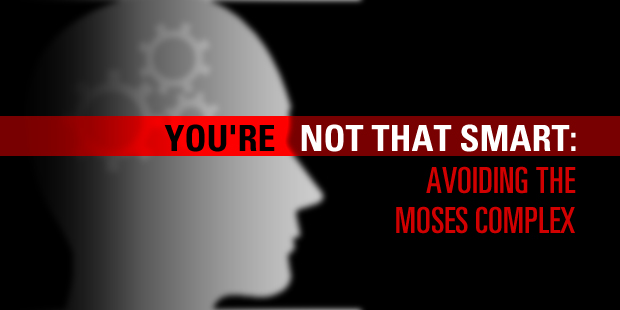
Outward vs. Inward Focused Churches
Over the last several years, I’ve worked with church leaders from close to 200 different churches in consulting and coaching relationships. These churches are all different shapes and sizes. There are denominational and non-denominational churches. Traditional and contemporary churches. Small churches and megachurches. Church plants and churches who have existed for over a hundred years.
After working with all those churches, though, this is probably the key distinguishing factor when it comes to the health of the church: It’s whether the church is outward-focused or inward-focused. That issue is always what creates the most tension when it comes to the potential for change.
At the heart of the issue is this basic question: What are we willing to do to reach people outside the church and outside the faith? For some churches I’ve worked with, the answer is just about anything short of sin. For others, it’s just about nothing if it means losing people who already attend the church.
Here’s what I’ve found to be true about these two types of churches:
- The Outward-Focused Church — The primary challenge will be how to we help people take steps in their spiritual journey after they accept Christ. The fact is, though, most outward-focused churches are very sensitive to this challenge. These leaders are uncomfortable with people getting stuck spiritually, and they recognize that people with vibrant relationships with Jesus want to continue to reach people outside the faith. Maturing Christians join the mission.
- The Inward-Focused Church — The primary challenge will be how do we reach people who don’t have a relationship with Jesus. Most inward-focused churches are not sensitive to this challenge. These leaders are uncomfortable with any changes that might address that challenge for fear that it might push insiders away and, frankly, impact the bottom line. Ironically, any organization, including a church, that doesn’t focus on reaching new people has already started to decline and will eventually die.
This may be hard for you to hear, but I’ve seen most (though not all) outward-focused churches have a very intentional path for spiritual development. Many offer discipleship opportunities to help people take steps toward Christ outside the weekend service. And, of the churches I work with, most of the students and adults who attend those churches are engaged in that discipleship path.
On the other hand, I’ve never seen an inward-focused church have an intentional path for reaching people outside the faith. In those instances, the inward-focused churches hope (and sometimes pray) people outside the faith will somehow join what the church is already doing for existing church members. When it comes to reaching people outside the faith, I’ve never seen that strategy work.
What kind of church are you leading? In either instance, are you willing to engage the primary challenge your church faces? I’m hoping you will step up to the challenge…even if it makes others (including you) uncomfortable.
Read more from Tony here.

Tags: Discipleship, Multiplication, Tony Morgan



















